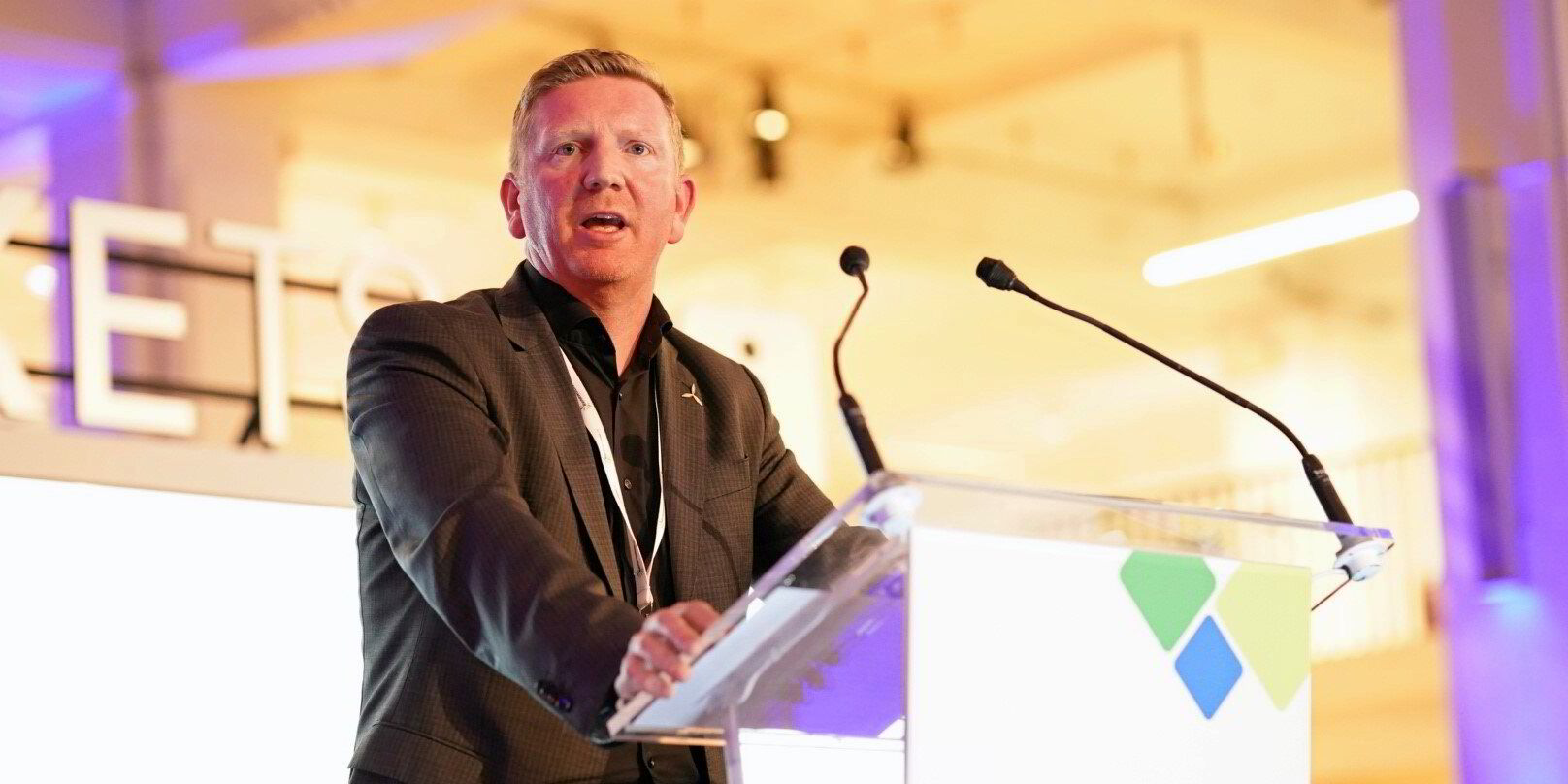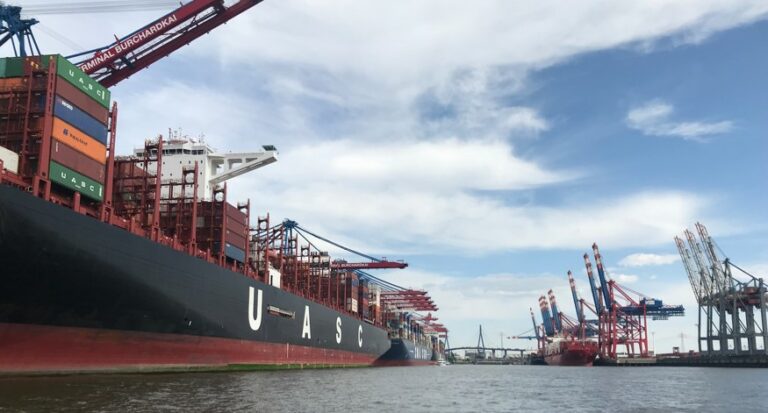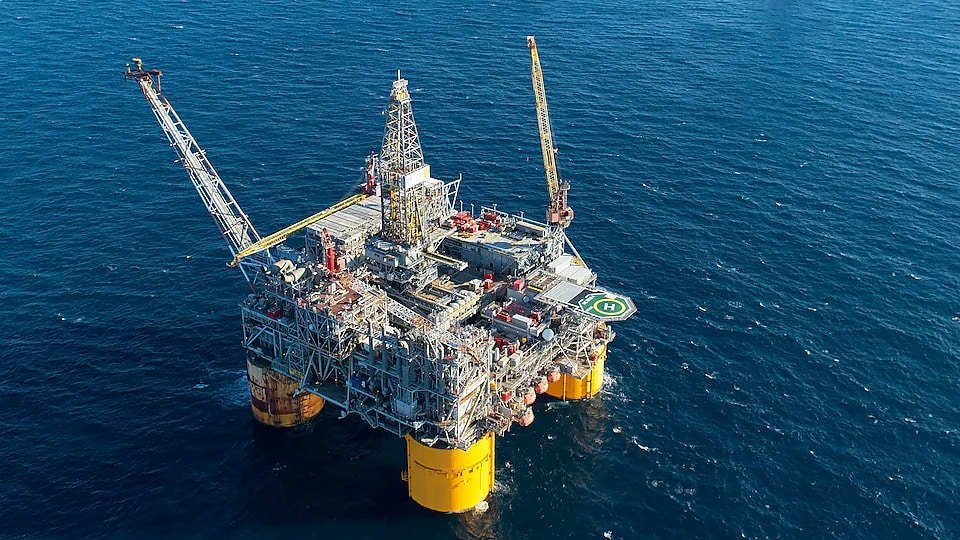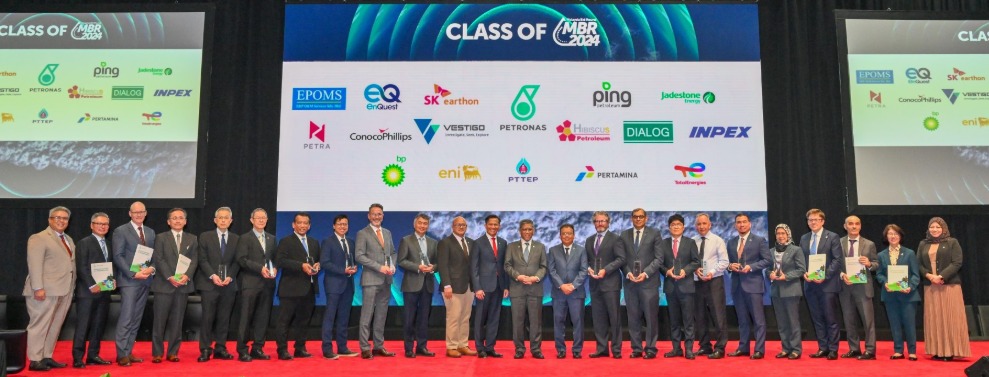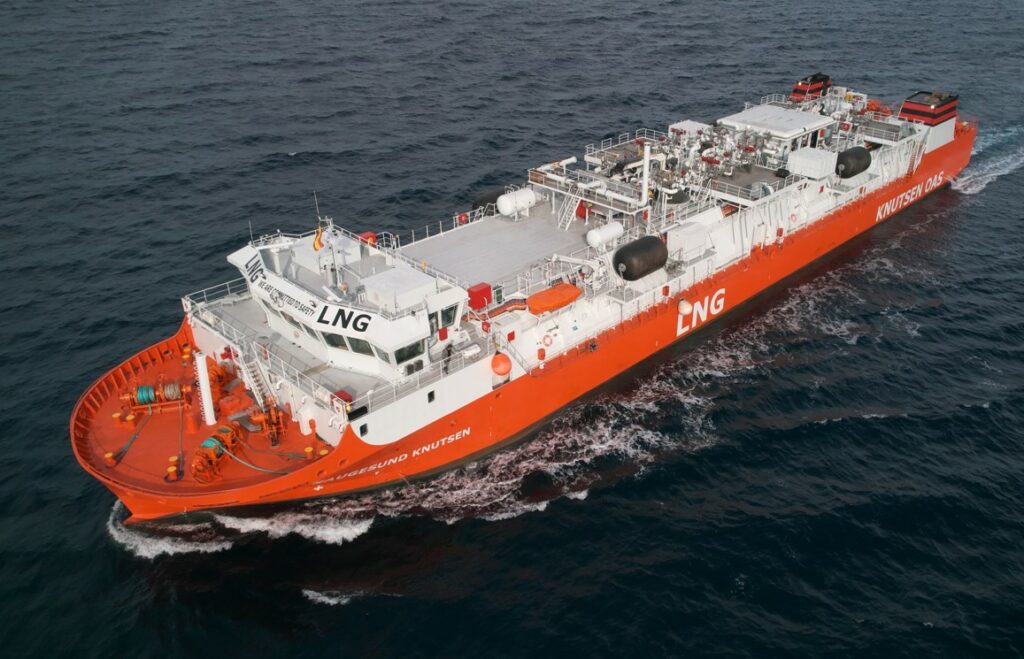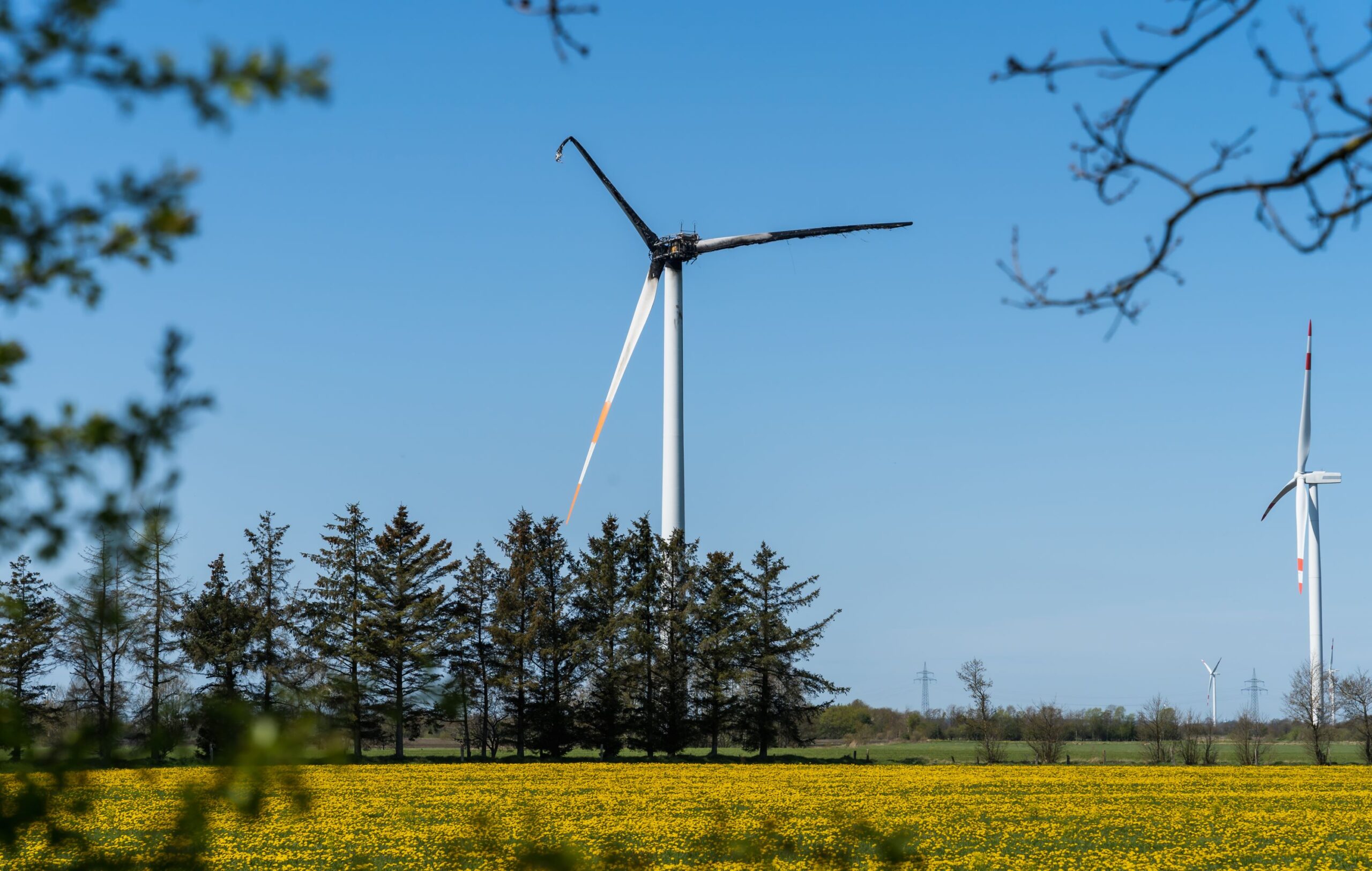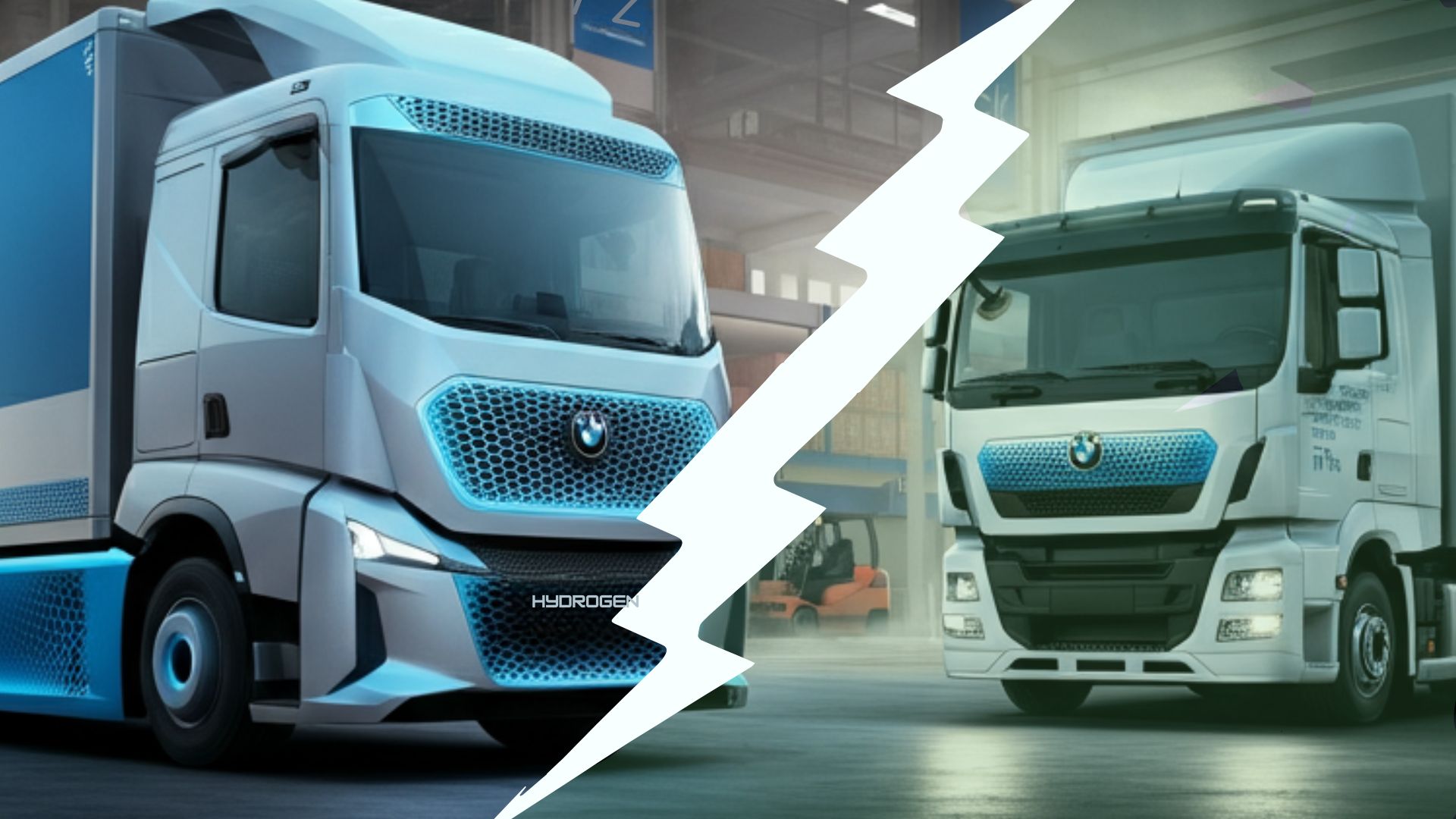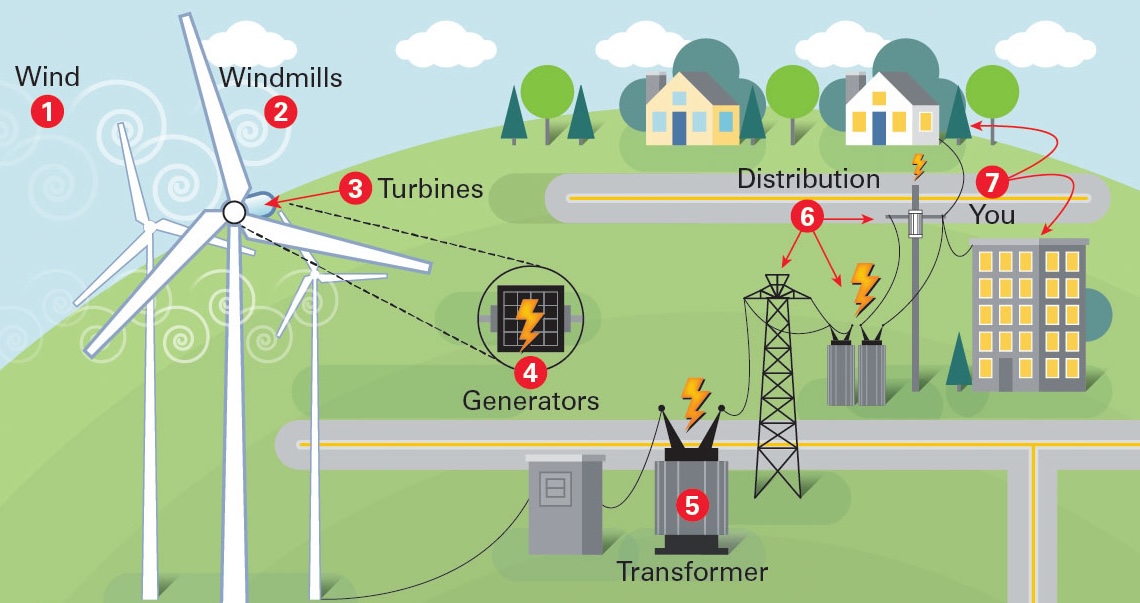Why accelerating hydrogen use in heavy industry is crucial for net zero
When it comes to hitting the UK’s net zero targets, size matters. Eight sectors account for around 40% of global…

When it comes to hitting the UK’s net zero targets, size matters.
Eight sectors account for around 40% of global greenhouse gas emissions, according to the World Economic Forum. These heavy hitters include logistics and transport.
It’s clear that we need to decarbonize heavy industry. But with global demand on the rise, how do we speed up the process of reducing emissions?
The key for transport and logistics lies in converting to hydrogen.
Blue and green hydrogen are ideal for transforming these sectors, particularly in areas where electrification is less viable due to challenges like range, weight or infrastructure.
But we need to act now. Here are three key logistics and transport areas where the UK should be ramping up investment in hydrogen in 2025.
In for the long haul
Hydrogen has the potential to be a game-changer for the heavy goods vehicle (HGV) sector.
Hydrogen fuel cells are the perfect solution for longer-haul trucks which don’t go back to a depot overnight to charge. They offer long ranges and faster refuelling times than electric alternatives.
And as hydrogen fuel tanks are lighter than electric batteries, vehicles can carry more cargo – so increasing efficiency.
And with the UK government planning to ban the sale of new diesel and petrol HGVs by 2040, there’s a real urgency around moving to this technology.
Public transport
Pioneering hydrogen fuel cell buses have already been given the green light in cities like London and Aberdeen, and offer many benefits.
There are zero emissions at the point of use plus they’re quieter when running, cutting noise pollution in urban areas. There’s so much innovation in this area, including the development of hydrogen-powered double decker buses.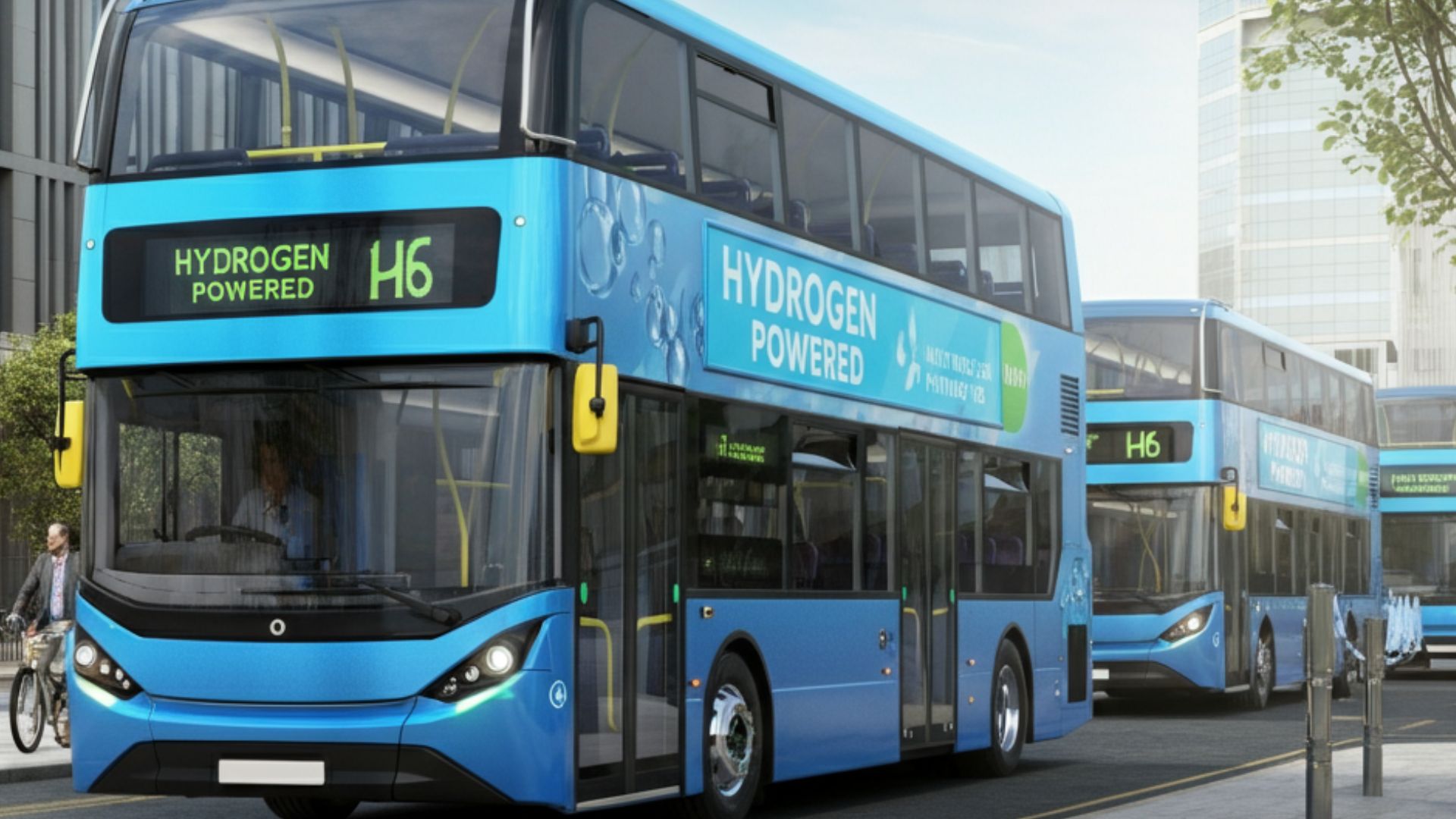
Meanwhile, on routes without electrification, hydrogen-powered trains offer a greener alternative to diesel engines.
All at sea
The global shipping industry is a big generator of greenhouse gas emissions, largely due to its dependency on fossil fuels. And the sector faces huge challenges as it tries to decarbonise.
Unlike smaller vessels travelling shorter distances, larger vessels cannot use electrification. But hydrogen can provide a clean fuel alternative for long-haul shipping.
Compact Syngas Solutions (CSS) is proud to be involved in a ground-breaking partnership project to power a cargo vessel for 40 days with zero emissions. This exciting sea trial will see 200kg of hydrogen produced from waste – using our advanced gasification process – being used to power a marine hydrogen engine.
The engine is due to power a ship through the Irish Sea, between the ports of Bristol and Belfast, in March 2025. This could pave the way to drastically reducing emissions in the shipping industry.
What we need for the future
Blue/green hydrogen has a huge untapped potential for helping to transform logistics and transport, as well as other heavy industry sectors, such as steel and cement.
But as an industry, we cannot do this alone. The UK government can help by:
- Increasing collaboration between government, industry and the private sectors
- Upping production to allow the industry to benefit from economies of scale
- Creating a strong UK infrastructure, including pipelines and storage
- Reducing costs by building small production facilities near recycling facilities and waste sites, creating local fuelling hubs
- Forward-thinking policies and a strong, long-term regulatory framework to offer investors security and confidence
Giving hydrogen-fuelled transport the green light 
The time is right to ramp up hydrogen adoption for transport and logistics. But we need investment to enable the widespread use of hydrogen in these sectors, including in the refuelling infrastructure.
We want to see the UK become a leader in industrial decarbonisation, helping to transition away from fossil fuels and towards a sustainable, green economy.
If we are serious about meeting our net zero targets by 2050, we need the UK Government to get in the driving seat – and invest for a cleaner future.
By Paul Willacy, CEO of waste-to-hydrogen innovators Compact Syngas Solutions
What's Your Reaction?









